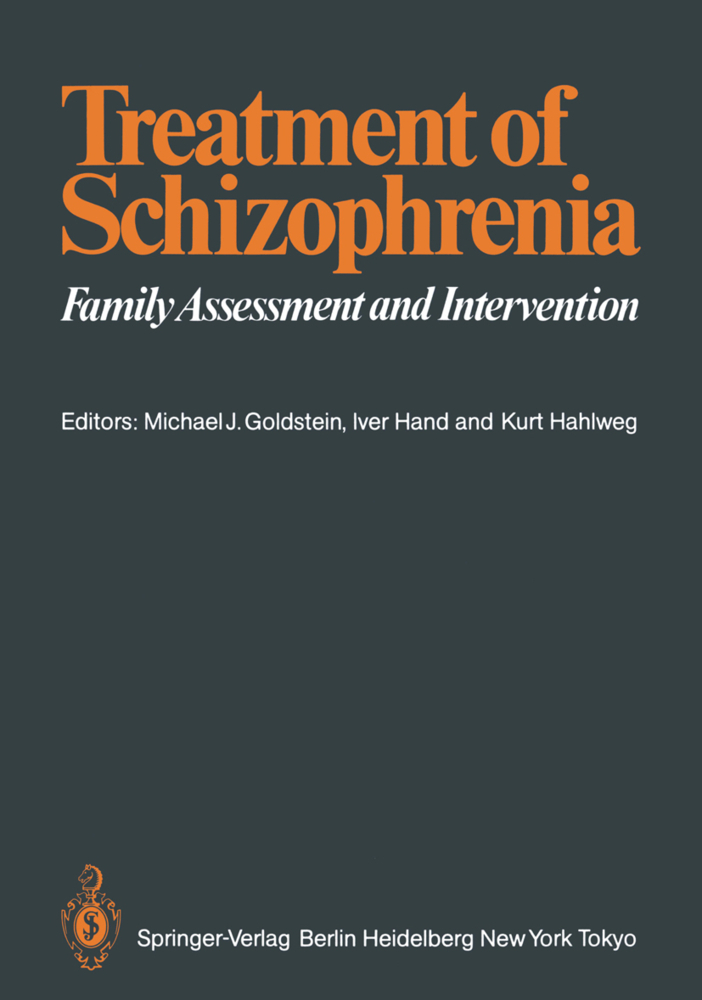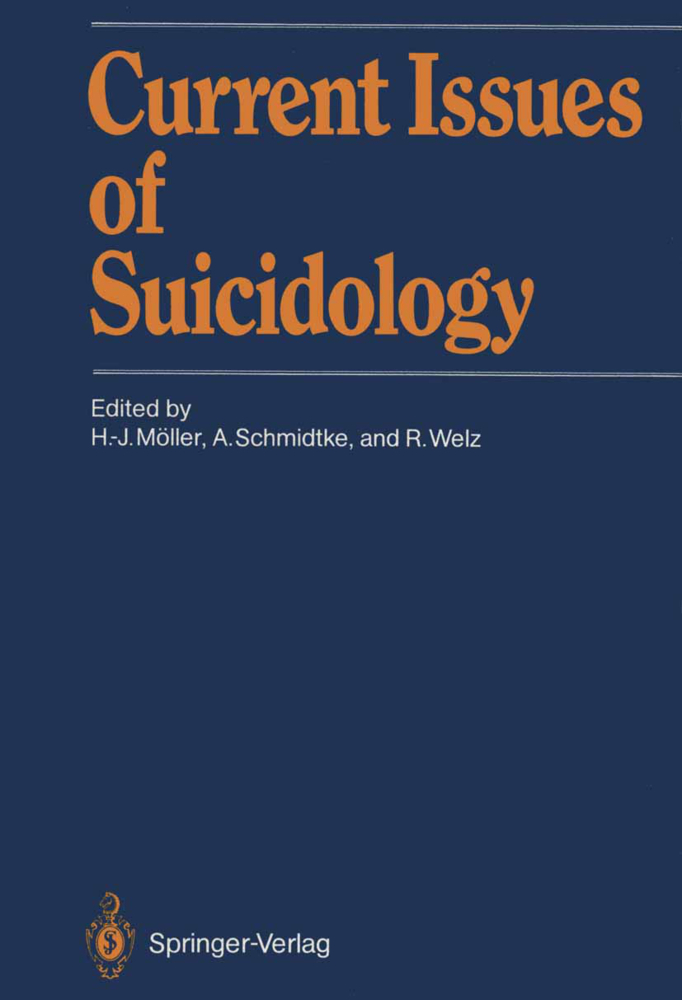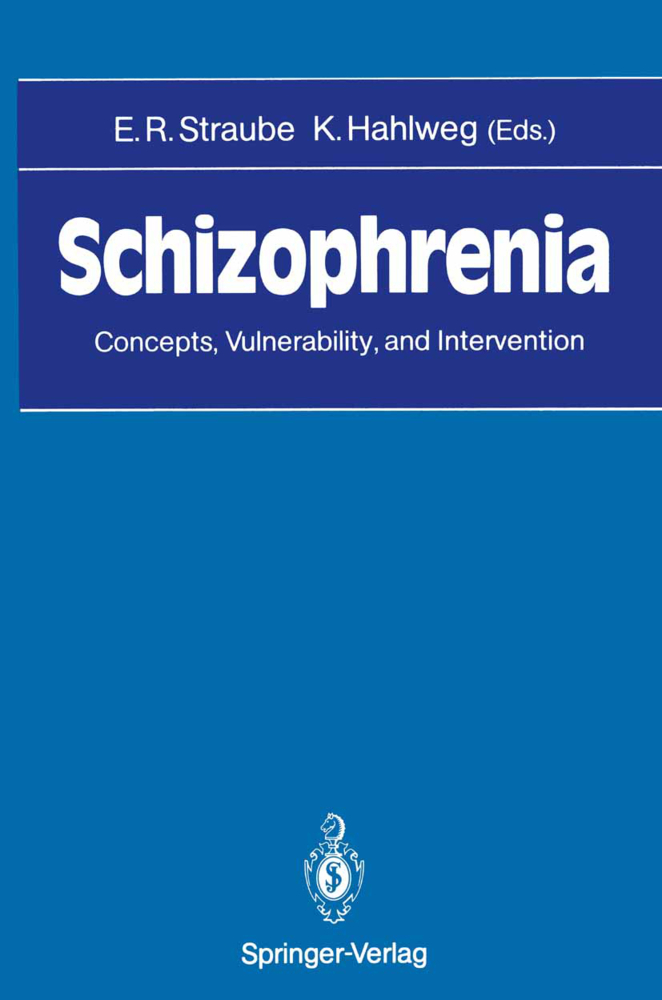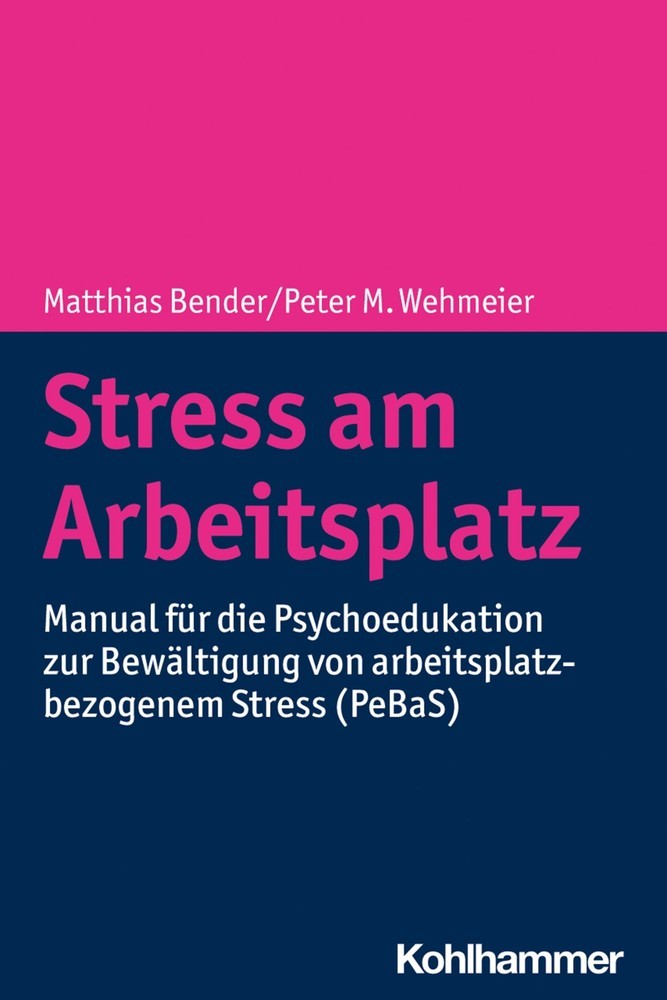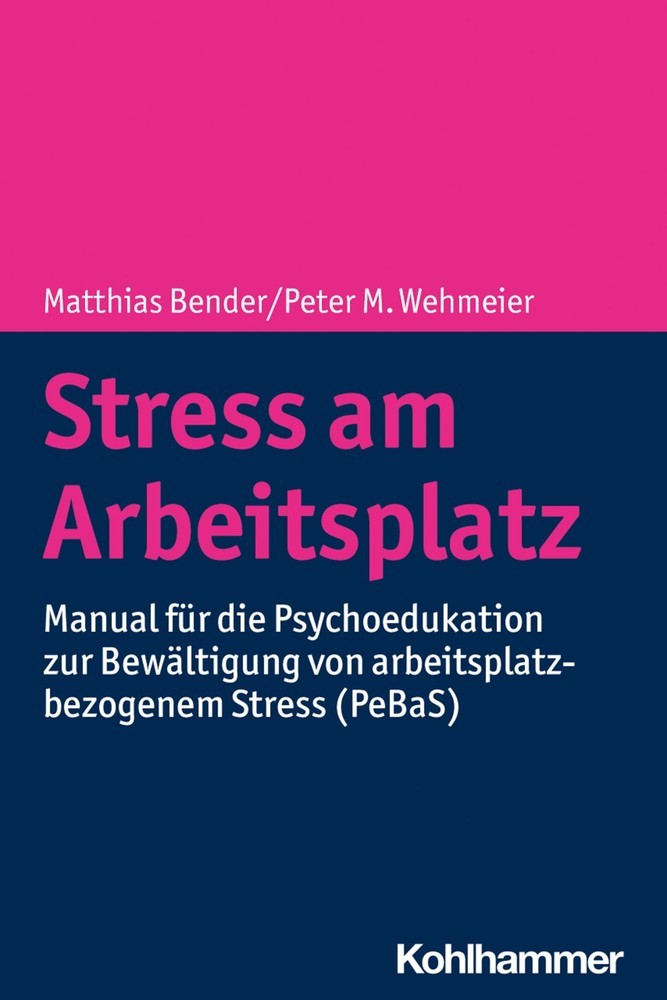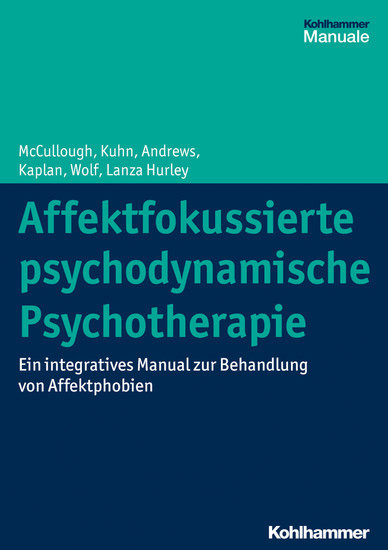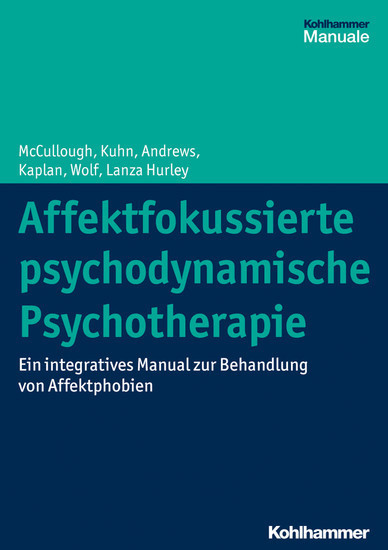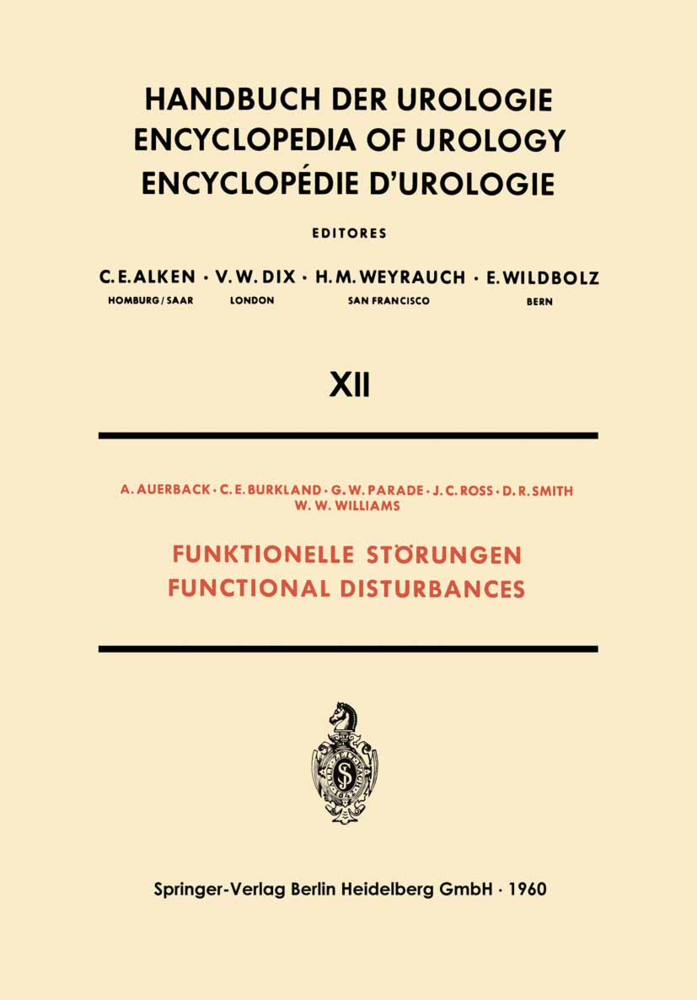Treatment of Schizophrenia
Family Assessment and Intervention
Treatment of Schizophrenia
Family Assessment and Intervention
A group of people are seated together in a tried to explain it to you, you wouldn't un room. Recently, they have shared two derstand,' and this went on and on in a big circle, nowhere, - no information at all!" important experiences - they have lived The feelings of these relatives are not with a close relative, usually an offspring or spouse, who has been through an episode unique. Until recently, many relatives of of a major mental disorder, most often of a schizophrenic patients experienced some schizophrenic type, and they have also been form of rebuff by mental health profes participants in an experimental program sionals while their relative was treated as an designed to assist them and their disturbed inpatient and little or no involvement in the relative in modifying family patterns to aftercare process when the relative re foster rehabilitation. The experimental turned home. These attitudes of mental programs involve maintenance pharmaco health personnel reflected both the prevail therapy as well as a combination of family ing wisdom of the time that the family, be education and therapy.
I. Patient Attributes
1. Outcome and Prediction of Outcome in Schizophrenia: Results from the Literature and from Two Personal Studies
II. Family Attributes
2. An Introduction to EE Measurement and Research
3. Expressed Emotion in Cross-Cultural Context: Familial Respones to Schizophrenic Illness Among Mexican Americans
4. Do Relatives Express Expressed Emotion?
5. Short-Term Relapse in Young Schizophrenics: Can It Be Predicted and Affected by Family (CFI), Patient, and Treatment Variables? An Experimental Study
6. Emotional Atmosphere in Families of Schizophrenic Outpatients: Relevance of a Practice-Oriented Assessment Instrument
7. The Marriages and Interaction Patterns of Depressed Patients and Their Spouses: Comparison of High and Low EE Dyads
8. Patterns of Emotional Response in the Families of Schizophrenic Patients
B. Modification of the Course of Schizophrenia by Family Interventions
9. Working with Families of Acute Psychotics: Problems for Research and Reconsideration
10. Family Education as a Component of Extended Family-Oriented Treatment Programs for Schizophrenia
11. Pilot Study of the Impact of a Family Education Program on Relatives of Recent-Onset Schizophrenic Patients
12. Psychoeducational Family Therapy
13. Controlled Trial of Social Intervention in the Families of Schizophrenic Patients
14. Behavioral Family Therapy for Schizophrenia: Clinical, Social, Family, and Economic Benefits
15. The Impact of Family Intervention Programs on Family Communication and the Short-Term Course of Schizophrenia
16. The Psychosocial Program of Treatment of Schizophrenic Patients in the Crakow Psychiatric Clinic
Epilogue
17. Coping andCompetence as Protective Factors in the Vulnerability-Stress Model of Schizophrenia.
Treatment of Schizophrenia: Historical Aspects
A. Prediction of the Course of SchizophreniaI. Patient Attributes
1. Outcome and Prediction of Outcome in Schizophrenia: Results from the Literature and from Two Personal Studies
II. Family Attributes
2. An Introduction to EE Measurement and Research
3. Expressed Emotion in Cross-Cultural Context: Familial Respones to Schizophrenic Illness Among Mexican Americans
4. Do Relatives Express Expressed Emotion?
5. Short-Term Relapse in Young Schizophrenics: Can It Be Predicted and Affected by Family (CFI), Patient, and Treatment Variables? An Experimental Study
6. Emotional Atmosphere in Families of Schizophrenic Outpatients: Relevance of a Practice-Oriented Assessment Instrument
7. The Marriages and Interaction Patterns of Depressed Patients and Their Spouses: Comparison of High and Low EE Dyads
8. Patterns of Emotional Response in the Families of Schizophrenic Patients
B. Modification of the Course of Schizophrenia by Family Interventions
9. Working with Families of Acute Psychotics: Problems for Research and Reconsideration
10. Family Education as a Component of Extended Family-Oriented Treatment Programs for Schizophrenia
11. Pilot Study of the Impact of a Family Education Program on Relatives of Recent-Onset Schizophrenic Patients
12. Psychoeducational Family Therapy
13. Controlled Trial of Social Intervention in the Families of Schizophrenic Patients
14. Behavioral Family Therapy for Schizophrenia: Clinical, Social, Family, and Economic Benefits
15. The Impact of Family Intervention Programs on Family Communication and the Short-Term Course of Schizophrenia
16. The Psychosocial Program of Treatment of Schizophrenic Patients in the Crakow Psychiatric Clinic
Epilogue
17. Coping andCompetence as Protective Factors in the Vulnerability-Stress Model of Schizophrenia.
Goldstein, Michael J.
Hahlweg, Kurt
Hand, Iver
| ISBN | 978-3-540-16628-3 |
|---|---|
| Artikelnummer | 9783540166283 |
| Medientyp | Buch |
| Copyrightjahr | 1986 |
| Verlag | Springer, Berlin |
| Umfang | XII, 222 Seiten |
| Abbildungen | XII, 222 p. |
| Sprache | Englisch |

